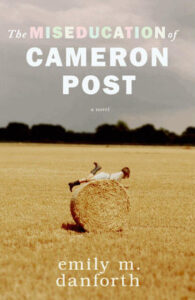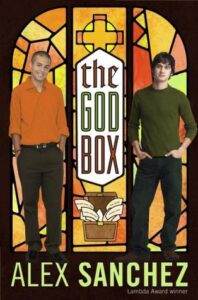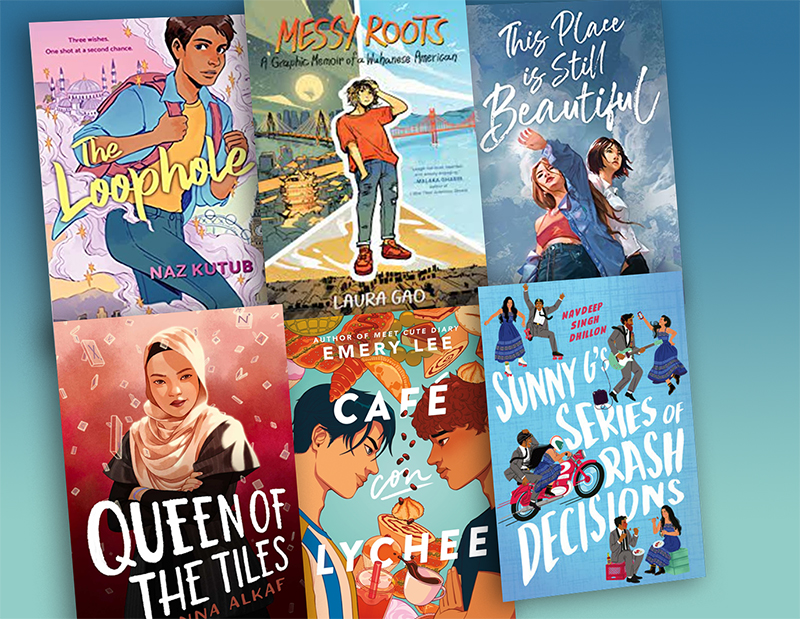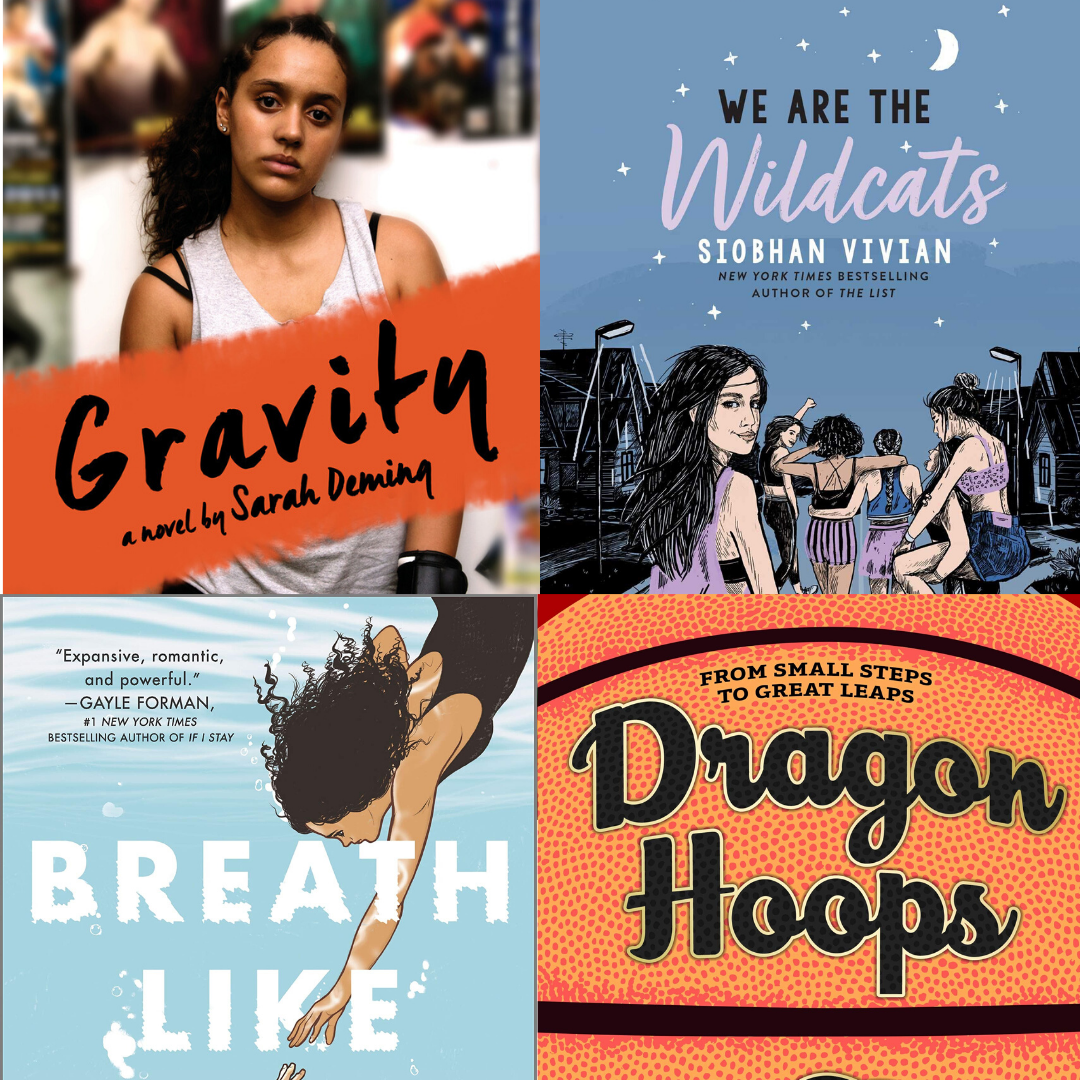Faith and Spirituality in YA Lit: GLBTQ YA and Issues of Faith, a guest post by Robert Bittner
 Writing about spirituality is a really complex thing and includes myriad ways of looking at the world and at institutions that purport to nurture the spiritual lives of youth, since we’re getting specific. My own history within institutionalized Protestant Christianity left me feeling marginalized, especially due to my identity as a young gay man (though not out at the time, at least not to my youth group friends.) Institutionalized religion is—rather unfortunately, as far as I’m concerned—guilty of creating an environment of conflict and self-hatred within the LGBTQ community, and in my early teens, there was little support for queer Christians available. Now there are fantastic organizations available for teens to find a space of freedom and acceptance within Christian communities (Gay Christian Network is one very prominent example.) But I digress. This is supposed to be about books, after all!
Writing about spirituality is a really complex thing and includes myriad ways of looking at the world and at institutions that purport to nurture the spiritual lives of youth, since we’re getting specific. My own history within institutionalized Protestant Christianity left me feeling marginalized, especially due to my identity as a young gay man (though not out at the time, at least not to my youth group friends.) Institutionalized religion is—rather unfortunately, as far as I’m concerned—guilty of creating an environment of conflict and self-hatred within the LGBTQ community, and in my early teens, there was little support for queer Christians available. Now there are fantastic organizations available for teens to find a space of freedom and acceptance within Christian communities (Gay Christian Network is one very prominent example.) But I digress. This is supposed to be about books, after all!
When it comes to LGBTQ literature for youth (referred to as Queer YA from here on), there has been a history similar to that discussed briefly above in relation to queer individuals in the church. In early Queer YA, Christianity was treated as the enemy, often in the form of stereotypical preachers screaming about fire and brimstone, or in the form of conservative congregations refusing to allow queer individuals to attend Sunday morning services. More recently, queerness within Christianity has been dealt with through various takes on the degayification camp. These are camps in which young people are supposed to learn how to be straight again (The Miseducation of Cameron Post, Thinking Straight, Caught in the Crossfire.) The other consistent plot point throughout almost all YA with queer Christian themes is the engagement of a protagonist in debate with an anti-gay (often religious) character, during which biblical scriptures are tossed back and forth in an effort to prove that homosexuality is or is not okay in the eyes of God, Jehovah, or whatever omnipotent being is under scrutiny within the novel.
ADVERTISEMENT
ADVERTISEMENT
In an effort to understand more popular views on queer Christianity through YA publishing, I used the topic of Queer YA with Christian themes as the focal point for my MA thesis in Children’s Literature. I studied three books (though I wish I had been able to include more recent books, like Cameron Post and Caught in the Crossfire) in order to get a better understanding of trends within these books: Thinking Straight, The God Box, and Nothing Pink. These three novels featured gay male characters (at the time, I had to keep things simple, for brevity, but I wish I could have included more female protagonists), and had some element of Christianity that affected the protagonist’s identity as a queer individual. In the end, I was able to find two main types: Novels of abandonment and novels of reconciliation.
Novels of reconciliation are those in which the protagonist was able to find a way to make their queerness fit within the framework of Christianity, which novels of abandonment often rely on a rhetoric in which Christianity is a polar opposite to queer identity and the two can never be a part of one single identity construct. Both of these are interesting perspectives, of course, but the most damaging, I feel, is the one that does not allow, in any way, for queerness and Christianity to coexist, and the reason I feel this is harmful is because it makes Christianity the enemy, which, while often shown as such in the media, is not always the case, and also because queerness is then seen as superior simply because of its status as not Christian.
I believe the exclusion, or the either/or nature of the novel of abandonment creates an unhelpful dichotomy between those who are queer and those who are Christian (or, in some ways, spiritual in any sense of the word). Unfortunately, there are few novels with the subtlety to create an identity that is both queer and Christian. The conclusion I came to through my research was the need for novels in which teens are allowed to develop their own individual (queer) theologies.
 Queer characters in YA literature exemplify the struggle of youth against social institutions, in this case, they transgress the boundaries of the conservative, American Protestant church. Roberta Trites perhaps says it best in Disturbing the Universe: “The chief characteristic that distinguishes adolescent literature from children’s literature is the issue of how social power is deployed during the course of the narrative” (2). In Queer YA literature, the social powers are sometimes those of a political or religious nature that are deployed in such a way as to deny the character his or her ability to develop a sexual identity with which to be comfortable. Often, “a major developmental crisis can occur when gay and lesbian adolescents attempt to establish an identity in a society that devalues their sexual orientation” (Vare and Norton 190).
Queer characters in YA literature exemplify the struggle of youth against social institutions, in this case, they transgress the boundaries of the conservative, American Protestant church. Roberta Trites perhaps says it best in Disturbing the Universe: “The chief characteristic that distinguishes adolescent literature from children’s literature is the issue of how social power is deployed during the course of the narrative” (2). In Queer YA literature, the social powers are sometimes those of a political or religious nature that are deployed in such a way as to deny the character his or her ability to develop a sexual identity with which to be comfortable. Often, “a major developmental crisis can occur when gay and lesbian adolescents attempt to establish an identity in a society that devalues their sexual orientation” (Vare and Norton 190).
ADVERTISEMENT
ADVERTISEMENT
Family, socio-political ideology, Christian institutions and dogma, and current events all play very influential roles in the lives of queer teens as they attempt to create personal identities in a rapidly changing world. The difficulty for most queer youth is the expectation of conforming to the heteronormative assumptions displayed so prominently in much of daily life, in family relationship dynamics, in Christian dogma, and in ideologies of advertising and pop culture such as film, television, and music. Many teens become frustrated because of the ways in which they differ from the hegemonic expectations surrounding them. Nothing Pink, The God Box, and Thinking Straight show this clearly within their narratives and in the process each protagonist undergoes to accept a queer (Christian) identity through the erasure of heteronormative and religious boundaries.
All of the main characters display their transgression and reclamation of Christianity through an interrogation of scripture—what Patrick Cheng (2011) refers to as talking about, and talking to God—and with specific dogma set forth by churches and Christian ministries within the texts. Each character confronts the “clobber passages” that right-wing conservatives (often under the guise of Christian proselytizing) use to claim homosexuality as morally reprehensible. What I would love to see more of in Queer YA with Christian sub-plots, is the ability of characters to reimagine their spirituality—their faith—in ways which incorporate gender and sexual identities, instead of feeling the need to abandon all religious and spiritual components of their identities as opposed to abandoning all faith and spirituality.
I hope this very brief look at issues related to spirituality and religion in Queer YA helps to broaden and enhance future readings of similar YA literature. I think there’s a lot of room for improvement even as there are more novels available now than were available in my youth.
Meet our Guest blogger:
Rob Bittner is a PhD candidate in Gender, Sexuality, and Women’s Studies at Simon Fraser University, and he has a history of working with children’s and YA literature in various contexts, including his MA degree and various award committees through the American Library Association. I love queer lit and I especially love when it engages with topics that are “out of the ordinary.”
For more on Faith and Spirituality in YA Lit check out our series index/hub
Publisher’s Book Descriptions of Books Discussed
The Miseducation of Cameron Post by Emily Danforth
When Cameron Post’s parents die suddenly in a car crash, her shocking first thought is relief. Relief they’ll never know that, hours earlier, she had been kissing a girl.
But that relief doesn’t last, and Cam is soon forced to move in with her conservative aunt Ruth and her well-intentioned but hopelessly old-fashioned grandmother. She knows that from this point on, her life will forever be different. Survival in Miles City, Montana, means blending in and leaving well enough alone (as her grandmother might say), and Cam becomes an expert at both.
Then Coley Taylor moves to town. Beautiful, pickup-driving Coley is a perfect cowgirl with the perfect boyfriend to match. She and Cam forge an unexpected and intense friendship–one that seems to leave room for something more to emerge. But just as that starts to seem like a real possibility, ultrareligious Aunt Ruth takes drastic action to “fix” her niece, bringing Cam face-to-face with the cost of denying her true self–even if she’s not exactly sure who that is.
The Miseducation of Cameron Post is a stunning and unforgettable literary debut about discovering who you are and finding the courage to live life according to your own rules.
Thinking Straight by Robin Reardon
When he is shipped off to Straight to God, an institution devoted to ”deprogramming” troubled teenagers, Taylor Adams learns valuable lessons in love, courage, rebellion, and betrayal in a place where piety is a mask for cruelty and the greatest crimes go.
Caught in the Crossfire by Alan Gibbons
Set in a northern town where right-wingers are determined to stir up hatred and racial prejudice, six teenagers’ lives are woven together by a series of shocking and tragic events. A British Muslim brother and sister, two Irish brothers who take different sides, and two lads out looking for trouble: all of them get caught in the crossfire. Inspired by the Oldham riots and the events of September 11th, this is a chilling account of current events in Britain, but written with humor and understanding.
The God Box by Alex Sanchez
How could I choose betwen my sexuality and my spirituality, two of the most important parts that made me whole?
High school senior Paul has dated Angie since middle school, and they’re good together. They have a lot of the same interests, like singing in their church choir and being active in Bible club. But when Manuel transfers to their school, Paul has to rethink his life. Manuel is the first openly gay teen anyone in their small town has ever met, and yet he says he’s also a committed Christian. Talking to Manuel makes Paul reconsider thoughts he has kept hidden, and listening to Manuel’s interpretation of Biblical passages on homosexuality causes Paul to reevaluate everything he believed. Manuel’s outspokenness triggers dramatic consequences at school, culminating in a terrifying situation that leads Paul to take a stand.
Lambda Literary Award-winning author Alex Sanchez tackles a subject ripped from the headlines in this exciting and thought-provoking exploration of what it means to be both religious and gay.
Filed under: #FSYALit, Faith, GLBT, GLBTQ, GLBTQ Fiction, Spiritual Life, Spirituality
About Karen Jensen, MLS
Karen Jensen has been a Teen Services Librarian for almost 30 years. She created TLT in 2011 and is the co-editor of The Whole Library Handbook: Teen Services with Heather Booth (ALA Editions, 2014).
ADVERTISEMENT
ADVERTISEMENT
SLJ Blog Network
One Star Review, Guess Who? (#202)
Review of the Day: My Antarctica by G. Neri, ill. Corban Wilkin
Exclusive: Giant Magical Otters Invade New Hex Vet Graphic Novel | News
Parsing Religion in Public Schools
ADVERTISEMENT








Thank you for this wonderful blog that features many books on faith and sexuality that I love. I humbly note that my novel, Playing by the Book (Magnus Books), features a protagonist who develops his own queer theology that embraces Christianity as well as other faiths. The Advocate selected Playing by the Book as one of the “Ten Great Summer Reads of 2014.”
Thank you for letting us know about your title and congratulations!
I’ve read your book! Thanks so much for writing it!
I recently read and wrote about the winkte character in THE MISEDUCATION OF CAMERON POST. I absolutely see the value in the story but feel it is another instance in which one community of marginalized/oppressed people gets thrown under the bus for another one. We need stories that help us critically examine those horrid camps but I wish Native people/culture weren’t misrepresented.
I do understand your concerns, Debbie. Thank you for sharing. I do, personally, love Adam as a character, but completely see where you’re coming from in terms of the particular issue of marginalization/oppression of an indigenous individual. As always, thank you for your hard work on these issues!
Oops! Meant to include link to my review: http://americanindiansinchildrensliterature.blogspot.com/2015/04/emily-m-danforths-miseducation-of.html
“I believe the exclusion, or the either/or nature of the novel of abandonment creates an unhelpful dichotomy between those who are queer and those who are Christian”
Thank you for this great post, Rob, and I really respect what you had to say. However, I do have to disagree with you about this quote above. I think we need both the abandonment and the reconciliation novel. We need them both, because some teens have one experience and some have the other. For some teens the best way to live as their authentic self is to abandon the religion they were brought up in – maybe just for a while, maybe forever, but abandon it nonetheless. And in the face of a religious community pressuring them to stay in that community (all other pressures aside) choosing to walk away can be an incredibly difficult thing. But it can be an important thing. It can be the right thing. It was for me.
I had to abandon my religion to free myself to be my authentic self. I really did. I am sure that many people can reconcile being queer with their religion, but I could not. Can not. Do not. And that’s okay. It’s okay that some people reconcile – I want those books too. I want those kids to see that mirrored from a book. But it also has to be okay to say “This is not for me” and to walk away. Often those of us who choose to walk away do it alone, and we need that book that tells us it’s okay just as much as the kids who choose to stay. I don’t think the choice to write books that show a character walking away from religion choose that path out of a lack of subtlety. I think sometimes that’s what you have to do.
I will say that I’d like to see more nuanced and complex exploration of this. I’d like to see more “abandonment” novels where the church is not one lump of yuck. Where there is more of a portrayal of good people trying to do good things but it just not being what that character needs. I’d like to see more reconciliation novels with a more open ended and messier reconciliation. I want the novel with two teens and one reconciles and the other walks away and they both know they made the right decision for themselves. I want all the things!
Hi Karen,
I respect everything that you have written in this blog. Please continue to provide wisdom to more people like me.
Thanks
This is a brilliant essay. Amazing!